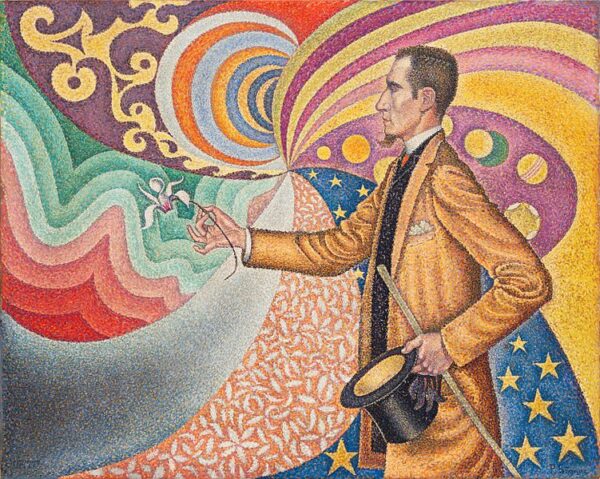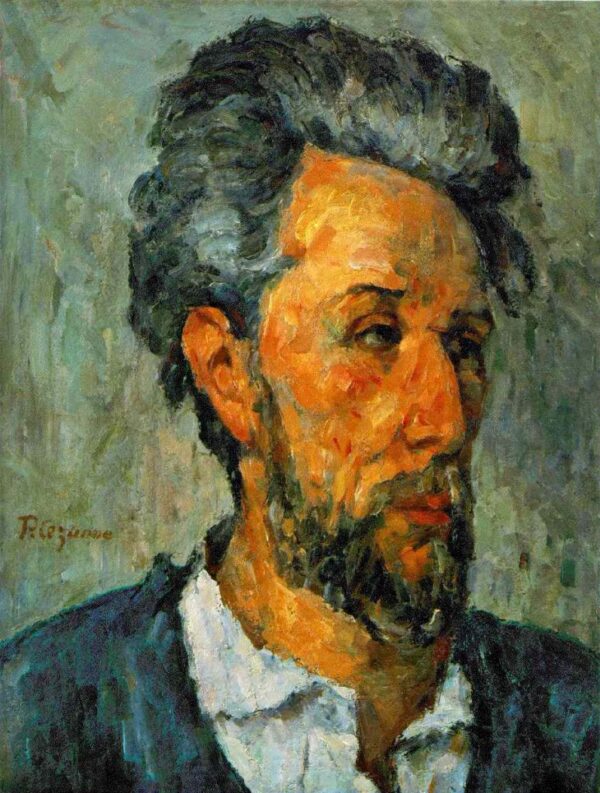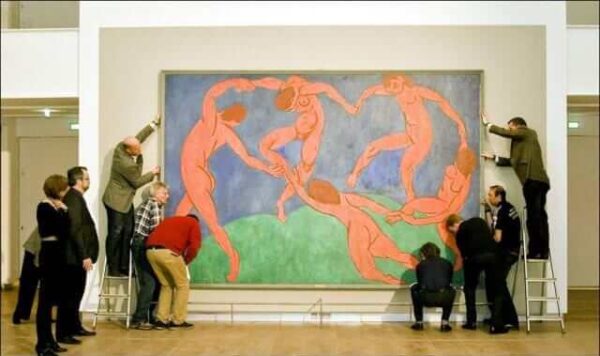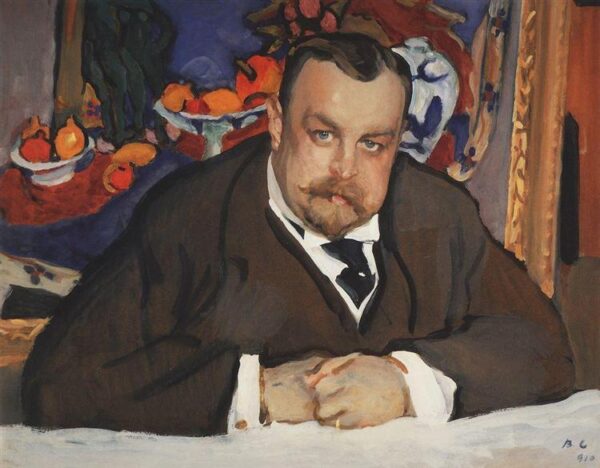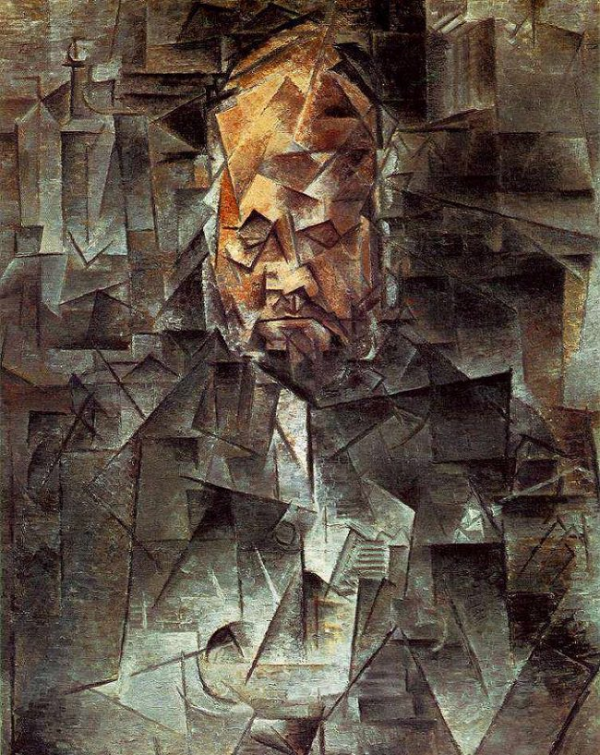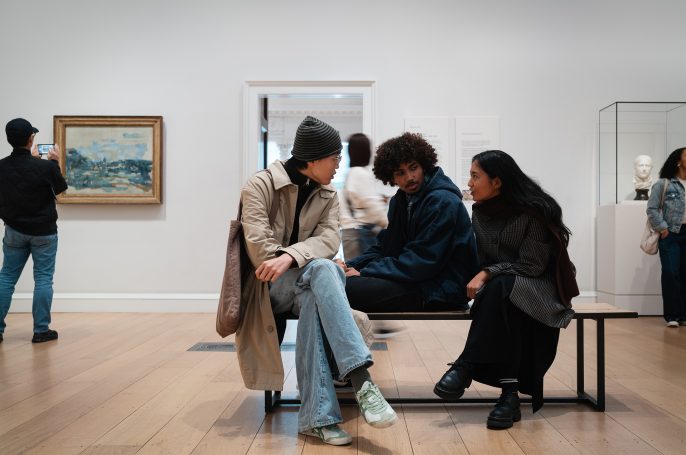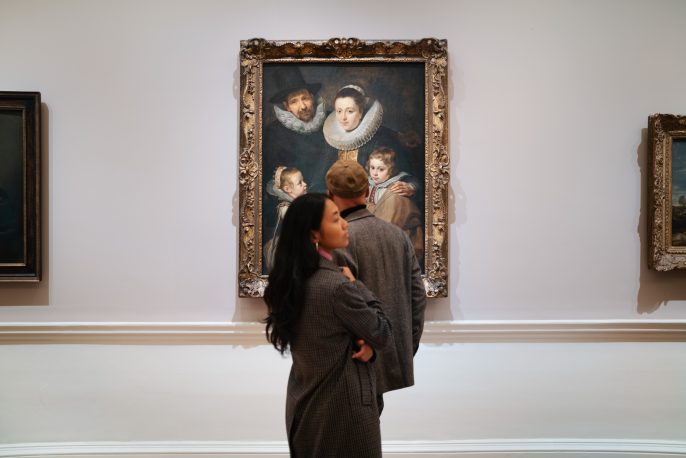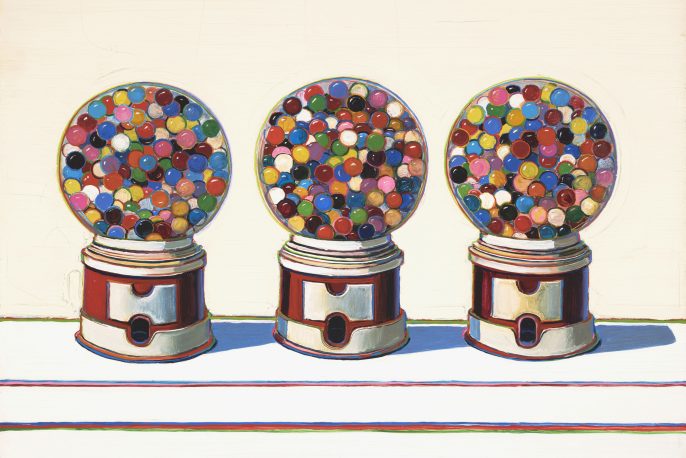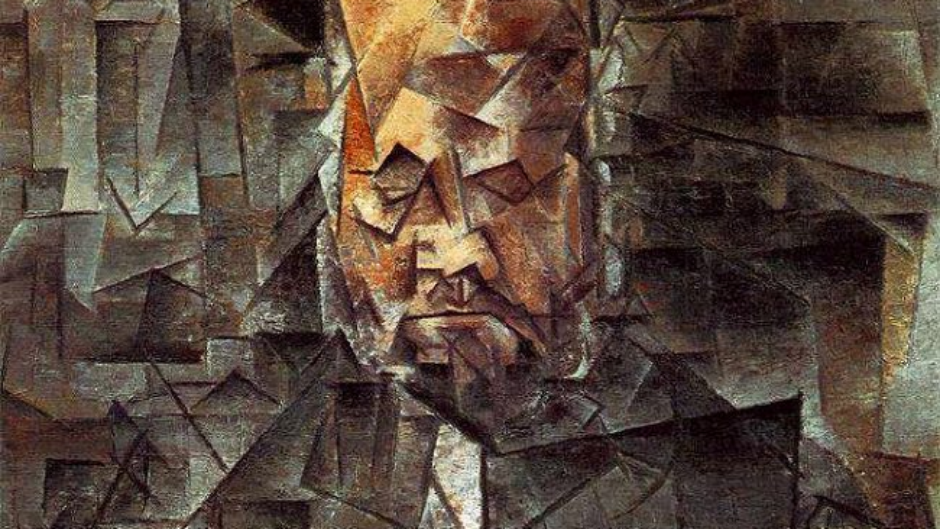This MA course investigates the role of collectors, art dealers, curators, exhibitions, critics and the art market in the formation of modern European art. The activities of a growing group of dealers in contemporary art, including such influential personalities as Ambroise Vollard, Paul Durand-Ruel, and Daniel Henry-Kahnweiler, affected the period’s most notable collectors. Focusing on Paris, Vienna, London, Moscow and Munich, we will explore a selection of particularly influential exhibitions and collections, incorporating them into the wider artistic and social networks of which they were a part. Exhibitions and collections were the main instruments and means to formulate ideas about artistic production and to transform the reception of modern art before museums of contemporary art became the main spaces for the presentation, display and promotion of works by living artists. Case studies will include: the Salon des Refusés in 1863; the ‘Impressionist’ group shows of the 1870s and 1880s; ‘The Last Futurist Exhibition of Painting ‘0.10’ which displayed Malevich’s Black Square as a modernist icon; Roger Fry’s introduction of ‘Post-Impressionism’ to London in 1910 and 1912 and exhibitions by Der Blaue Reiter in Munich.
Questions addressed in the course will include: How private collections and exhibitions transformed the reception of modern art? How far do art dealers and curators influence the works that a collector buys, and therefore contemporary taste? How far do they influence artistic production itself? What is the relation between economic value and aesthetic value in a society that accords such priority to the former that it is reasonable to ask whether buyers (or the public) can ever judge a work if art independent of its economic value? To what extent has the history of modern art been determined by art dealers, curators, collectors and art critics?
In this course we will also discuss curatorial strategies which might be considered decolonial or anti-racist in approach. We will explore which questions, approaches and behaviours should curators be embedding into their day-to-day practices and how can an anti-racist or decolonial approach be developed in relation to collections that are ethnically diverse, and conversely, in relation to collections that are not. We will also address the role of women collectors and gallerists in the development and promotion of modern art in Europe and America.
Recent scholarship has challenged the long-standing separation of art history, exhibition history, curating and collecting. Building on this wave of new research and writing, this course will examine the nature and function of images and art objects within their social, political, economic and historical contexts in relation to issues of gender, class, nationalism and imperialism. In reverence of the founder of the Courtauld Institute this course will consider the importance of private collectors in the history of modern art.
The aim of the course is to explore how some of the most significant modern European exhibitions and collections changed art historical narratives, defined artists and movements and ultimately informed how we look at and understand modern art.
This course will aim to develop students’ new and engaging ways of curating, exhibiting and demonstrating the value of art, preparing the graduates to the career in museums and heritage sector. It will include visits to the exhibitions and private collections of modern art in UK and Europe which will give students an opportunity to debate and discuss what makes an exhibition and collection great, the way they can change the art historical narrative, define artists and movements and ultimately inform how we look at and understand modern art.
Course Leader: Dr. Natalia Murray
In the event that a course leader is on sabbatical, takes up a fellowship, or otherwise is not able to teach the course, they will be replaced by another experienced course leader either for a semester or, in some cases, the academic year.
Please note: whilst many Special Options will include site visits within the UK and further afield, these are subject to confirmation.
